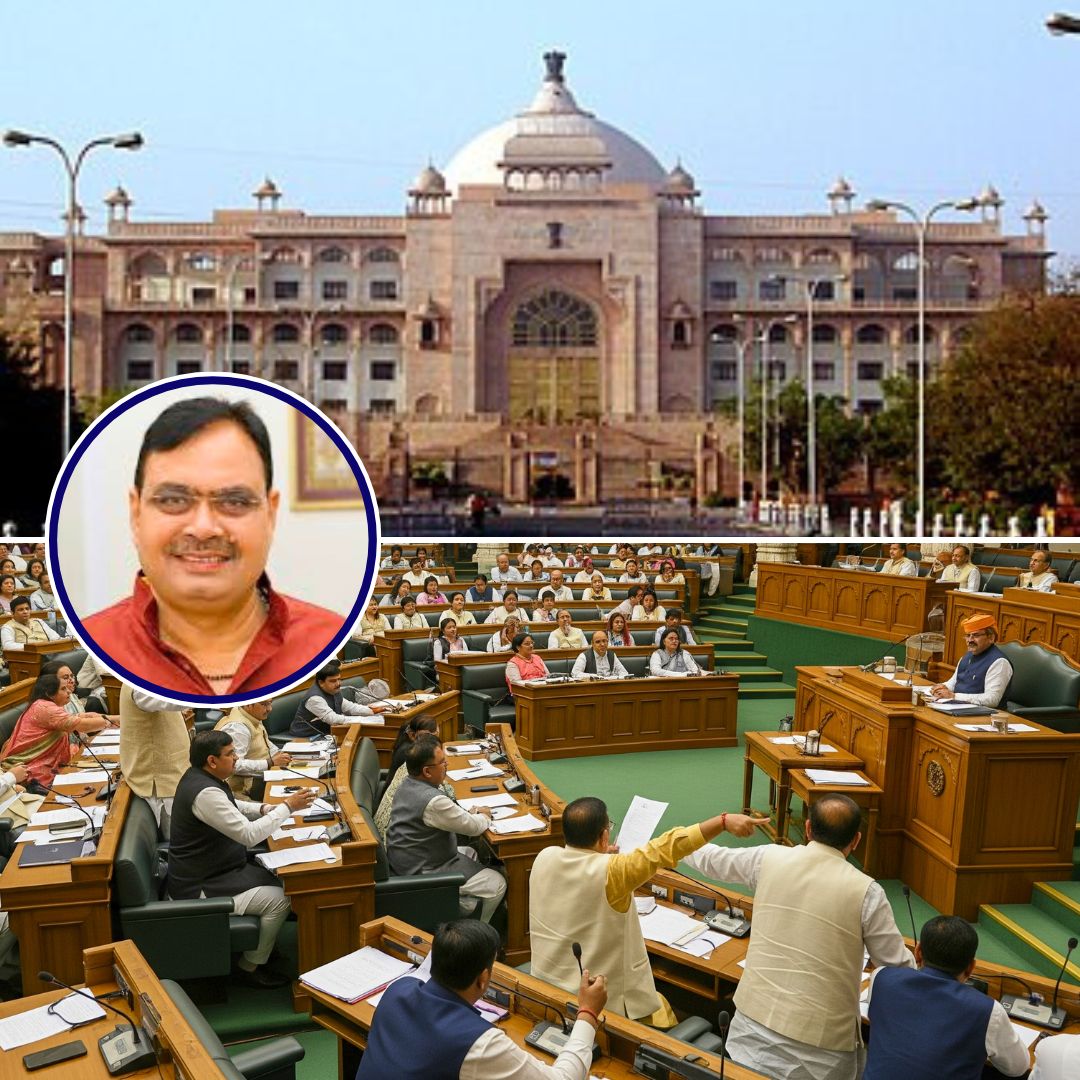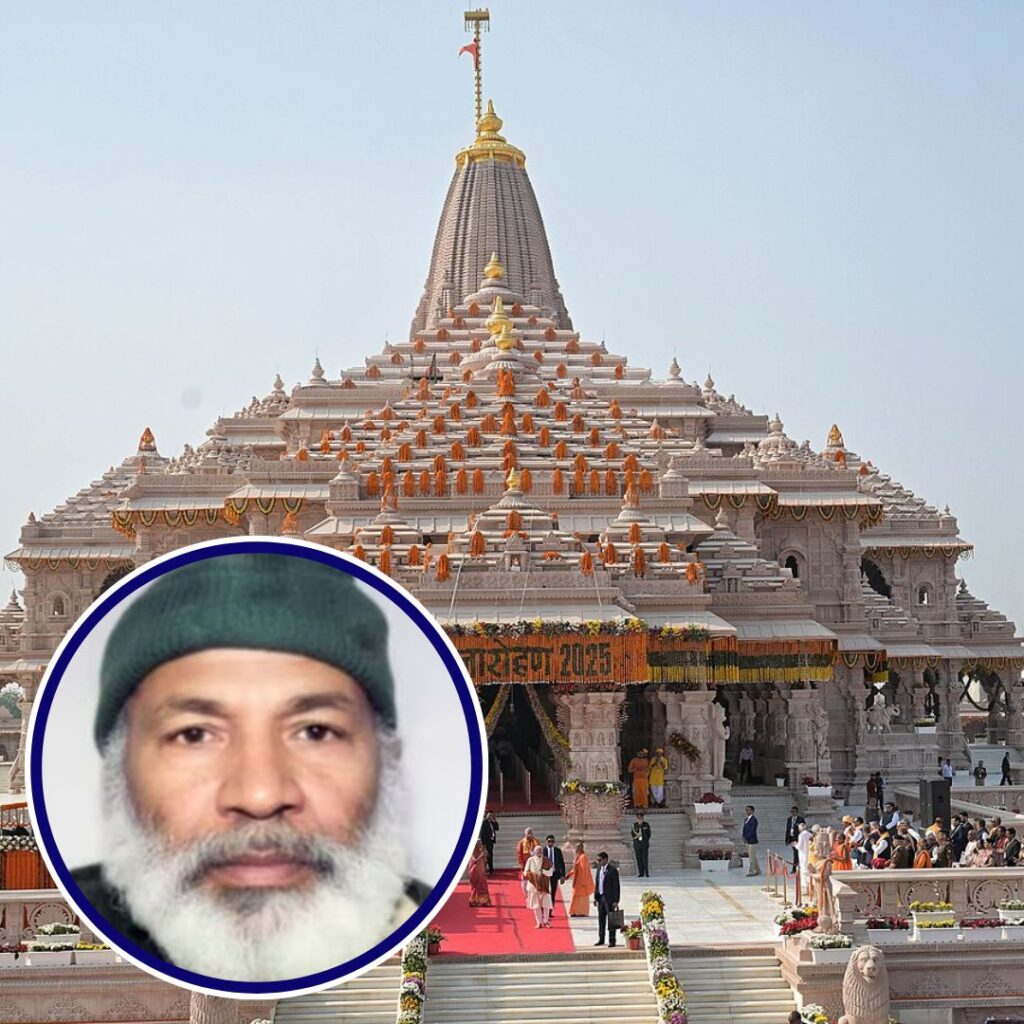The Rajasthan Assembly on Tuesday passed the Rajasthan Prohibition of Unlawful Conversion of Religion Bill, 2025, aiming to curb unlawful religious conversions through rigorous legal measures. The bill prescribes imprisonment from seven years to life for offenders and imposes heavy fines up to ₹50 lakh.
It broadens the definition of unlawful conversion to include marriages intended for religious conversion, linked to concerns raised in “love jihad” cases. Voluntary conversions will require prior permission from the district administration, and all offences under the bill are non-bailable. The bill passed amidst protests by the opposition Congress party and now awaits the Governor’s assent to become law.
Stringent Provisions and Punishments to Curb Forced Conversions
The new law targets unlawful conversions achieved through deceit, coercion, allurement, fear, or fraudulent means, especially affecting minors, women, Scheduled Castes, Scheduled Tribes, and disabled persons. Illegal conversions can attract seven to fourteen years of imprisonment and fines up to ₹5 lakh. Cases involving protected groups could lead to ten to twenty years in jail with fines of at least ₹10 lakh, while mass conversions carry a minimum 20-year prison term, extendable to life, and fines of ₹25 lakh or more.
The bill also criminalises conversions linked to foreign or illegal funding, punishable with rigorous imprisonment and monetary penalties. Conversion ceremonies must be notified to district authorities 90 days in advance, with failure to comply rendering the conversion invalid. Marriages conducted solely for conversion purposes can be annulled by courts, highlighting the bill’s expansive scope to regulate conversion-related activities.
Background and Political Context
This legislation marks Rajasthan as the eighth Indian state to enact an anti-conversion law. The bill follows allegations and reports of forced religious conversions, with the government highlighting prior actions in districts like Alwar and Banswara. Rajasthan’s current law is an enhanced iteration of a 2008 anti-conversion bill which was never enacted.
The bill was introduced amid rising national debates about religious freedom, social harmony, and concerns around “love jihad” narratives, particularly focusing on vulnerable communities. The opposition Congress party strongly protested and boycotted the bill’s debate, citing concerns over its impact on minority rights and alleging political motives, while the ruling BJP defended the law as necessary to protect social cohesion and constitutional values.
The Logical Indian’s Perspective
While protecting individuals from forced or fraudulent conversions is important, it is equally essential to uphold the constitutional right to freely choose one’s religion.
Laws with such stringent provisions must be implemented with utmost fairness and transparency to avoid misuse against minority communities or to suppress genuine freedom of faith. A balanced approach that fosters dialogue, empathy, and coexistence can help maintain peace without infringing on fundamental rights.
Great news! The Rajasthan Prohibition of Unlawful Conversion of Religion Bill, 2025 has been passed. A proud moment for all of us who have been waiting for this. pic.twitter.com/5RKNo6CsTr
— Advocate Aayush Mall 🇮🇳 (@advaayushmall) September 9, 2025











